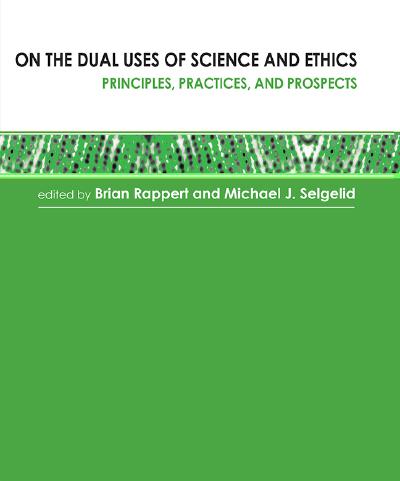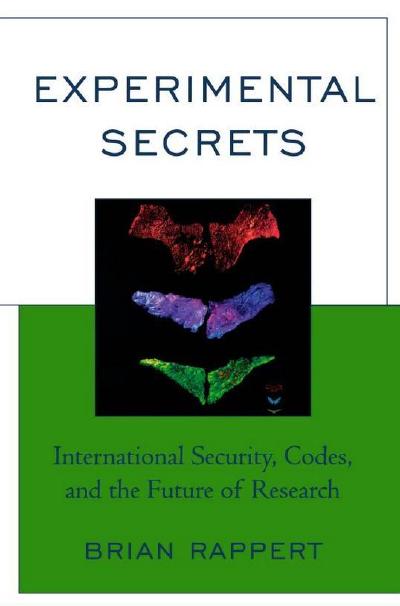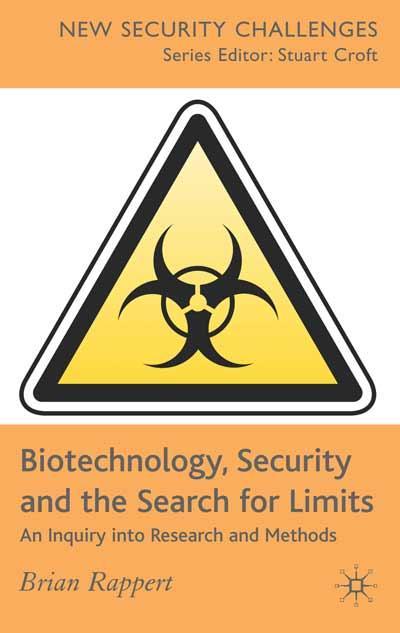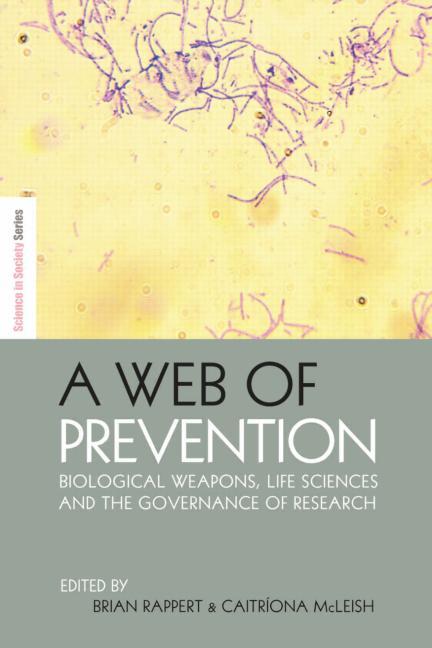Project
Background
With this have come calls from diverse scientific, policy and public quarters to undertake new responsive measures. As part of a strategy of response, many organizations and governments have suggested bioscientists adopt a 'code of conduct' to reduce the security concerns associated with their work as one way of establishing and policing responsibilities and thereby reducing threats associated with malign misuse of science, particularly areas associated with modern biotechnology. In 2005 under the Biological and Toxin Weapon Convention (BTWC), for instance, expert and State Parties Meeting were held to ‘promote common understanding and effective action’ on the ‘content, promulgation, and adoption of codes of conduct for scientists’.
Outcomes
Website
One of the deliverable outcomes of the ESRC project, this website aims to provide resources for those considering the place, purpose and prospects of codes. It strives to be comprehensive, with the caveat that it is not updated beyond 2010.
Publications
- Dando, M. and B. Rappert. 2005. Codes of Conduct for the Life Sciences: Some Insights from UK Academia. Bradford Briefing Paper No. 16 (2nd Series), May.
- Rappert, B. 2005. Biological Weapons and the Life Sciences: The Potential for Professional Codes. Disarmament Forum 2005(1— Science, Technology and the CBW Regimes), 53–61.
- Dando, M. 2005. The malign misuse of neuroscience. Disarmament Forum 2005(1— Science, Technology and the CBW Regimes), 17–24.
- Rappert, B. 2004. Towards a Life Science Code: Countering Threats from Biological Weapons. Bradford Briefing Paper No. 13 (2nd Series).
- Wheelis, M. and M. Dando. 2003. Back to Bioweapons? Bulletin of Atomic Scientists Jan/Feb.
- Dando, M. 2002. Future Incapacitating Agents. In Non-Lethal Weapons, Nick Lewer (ed), London: Frank Cass.
- Fraser, C. and Dando, M. 2001. Genomics and Future Biological Weapons: The Need for Preventive Action by the Biomedical Community. Nature Genetics 22 October.
The following books were (co)authored by Brian Rappert, within the framework of this project (for more details, see the main publications page):




Seminars
The workshops intended to seek a broad range of views from the academic, scientific, industrial communities about codes of conduct, and regrettably the summary notes on them are no longer accessible for non-workshop participants; the main rationale being to promote dialogue within such meetings (cf. Chatham House Rule).
- Seminar organised by the Foreign & Commonwealth Office (FCO), University of Bradford, and University of Nottingham, on 28 July 2003: “Managing the threat from biological weapons: Science, society and secrecy”.
- Seminar organised at Lancaster House, on 15 December 2003: “Biological and Toxin Weapons Convention: Code of conduct”.